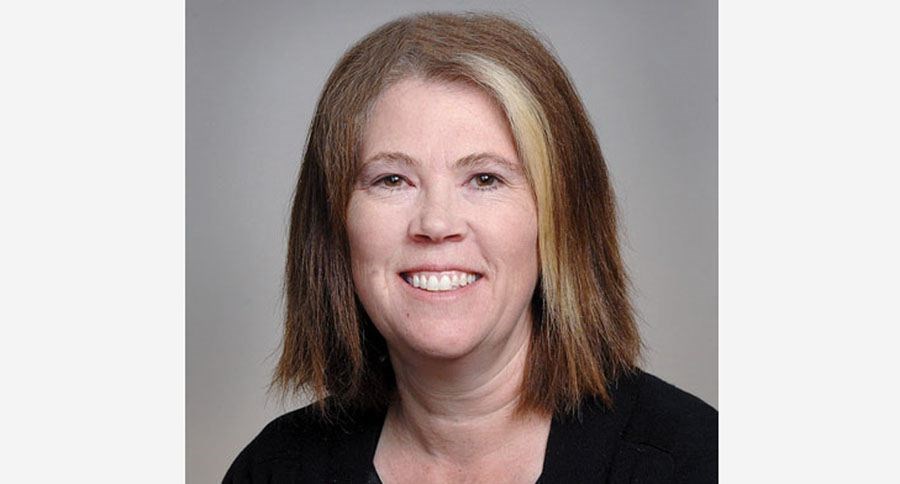This week Canada's provincial and territorial leaders met in Newfoundland at the annual premiers' meeting. The meeting is usually collegial but this week there were obvious tensions. There was a public battle between Brad Wall, Premier of Saskatchewan and some of the other premiers including Rachel Notley, the Premier of Alberta. The dispute demonstrated their differences of ideology and potential policy approaches to energy development. As Chris Hall of the CBC reported: "It's the kind of internal conflict that rarely disrupts the carefully crafted united front premiers try to present at their annual meetings. Premiers normally prefer to cast the federal government as the villain." Yet it wasn't that long ago that Christy Clark and former Alberta Premier, Alison Redford clashed over the same issue.
Geographically Canada is 0.98 times the size of the Europe and many of the provinces are larger than most European countries. So, when premiers come together they do so with the idea that they have an obligation to protect the well-being of their province as though they are semi-independent states. We don't use that term because provinces are sub-national governments in a federal system. A federal system assumes that the country is greater than the sum of its parts.
The relationship among Canada's provinces has evolved over time. Early in our history the conflicts that arose generally revolved around the jurisdictional battles between the federal government and the provincial governments. Our history is marked by a long tradition of court rulings that have usually favored the provincial power.
The story goes back to Confederation and the different ideas about the way the country was formed. Sir John A. Macdonald wanted a strong federal government because, as he observed the American experiment, he thought that the American states were too powerful. Macdonald believed that the Canadian Constitution had a strong clause for protecting the power of federal government. The clause says that the federal government can make law in areas that are not listed as specific powers of the provinces. At first this clause seems straight forward....except that one of the powers of the provinces is to make legislation in areas "of a merely local or private nature." This clause creates all sorts problems for courts in determining which level of government has jurisdiction.
I use the term "courts" because historically the final court of appeal was in Britain. Until 1949, decisions about jurisdiction were made by the Judicial Committee of the Privy Council and they had little experience with a federal system although they did have experience with the law. So they looked at what the constitution had to say. They argued that things that are merely of a local or private nature have to be determined on a case-to-case basis. Over time the JCPC tended to favour the provinces interpretation of what areas belonged to them. Macdonald's vision of a powerful federal government slipped away in judicial interpretation of the Constitution.
The provinces never bought into the idea that the Constitution supported the Macdonald vision. From the outset the founding provinces argued that they had come together at Confederation and created an overarching government but that they had not given up their autonomy.
The areas of provincial jurisdiction, like health and education that are outlined in the Constitution have risen in importance since their inclusion in 1867. As essentially internal matters, these two areas of public policy did not generally spill over into other provinces. But then came oil and gas. The provinces have always had power over their natural resources but the 1982 Constitution strengthened their rights. And, there is nowhere in the Constitution where power over the environment is mentioned. This week's premiers' conference highlighted this tension.
Brad Wall argued that Canada's energy policy needed to include discussions of oil and gas. His argument was framed by noting that equalization payments are possible because of the wealth generated in oil producing provinces. The idea of equalization was embedded in the 1982 Constitution. This program ensures that fiscal disparities are equalized among provinces. In some ways, equalization ensures that Canada is greater than the sum of its parts. But, as provinces assert their views about the balance between resource extraction, distribution and environmental protection more tensions will likely arises. Future meetings may focus less on presenting a united front and more on casting each other as villains.



